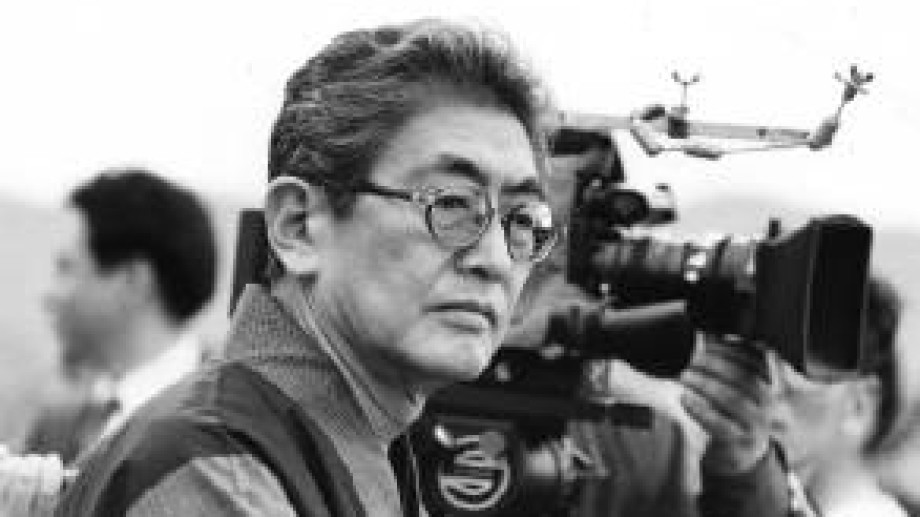
An era was thought to have come to an end with the mid-October death of one of Japan’s great cinema provocateurs, Koji Wakamatsu. An artist with an astonishingly powerful late career run, Wakamatsu’s epic 2008 chronicle of the violent demise of a core of the 60s Japanese radical left, United Red Army, was doused in cold rage and cast in clear vision, a summa of an era absolutely without parallel among the legions, say, of 60s-era American directors. But that era hadn’t really closed until now, with the announced death, almost exactly three months later, of Nagisa Oshima.
Best known in the West for his mesmerizing, explicitly bold erotic dramas, In the Realm of the Senses (1976) and Empire of Passion (1978), as well as his David Bowie-starring Merry Christmas, Mr. Lawrence (1983), Oshima had actually been making movies since the late 50s. He caught the early wave of radical left politics embraced by a vigorous, highly-educated generation of post-war youth and, like Wakamatsu (who went on to produce Senses) and a whole cadre of crafty cinema artists, dovetailed revolutionary politics with sex.
But as his sometimes chippy contemporary and even more radical fellow filmmaker Masao Adachi has written, Oshima is possibly most helpfully viewed alongside Jean-Luc Godard, whose Vent d’Est (1969) has a conversation of sorts with a 1970 film by Oshima that now contains a premonitory title, The Man Who Left His Will on Film. Both having reached a real sense of skepticism in the dying strains of revolutionary politics, each artist took, in Adachi’s words, “as their duty to question the matter of film in its entirety.” It isn’t that each man paralleled each other, any more than Oshima paralleled Wakamatsu, but the Brechtian devices each deployed as a filter on their observations and immersions in that violent and heady moment—which Wakamatsu dramatized near the end of his life as a careening group leaping into madness—allowed them a certain distance from the maelstrom that trapped fellow artists, but which each avoided by striking, different means.
The filmmaker’s cudgel against institutional power, as Oshima saw it (as he saw in Adachi-san himself), was “to reach the north pole of the human spirit.” Adachi lives on, so hold on—maybe the era isn’t completely over after all.



